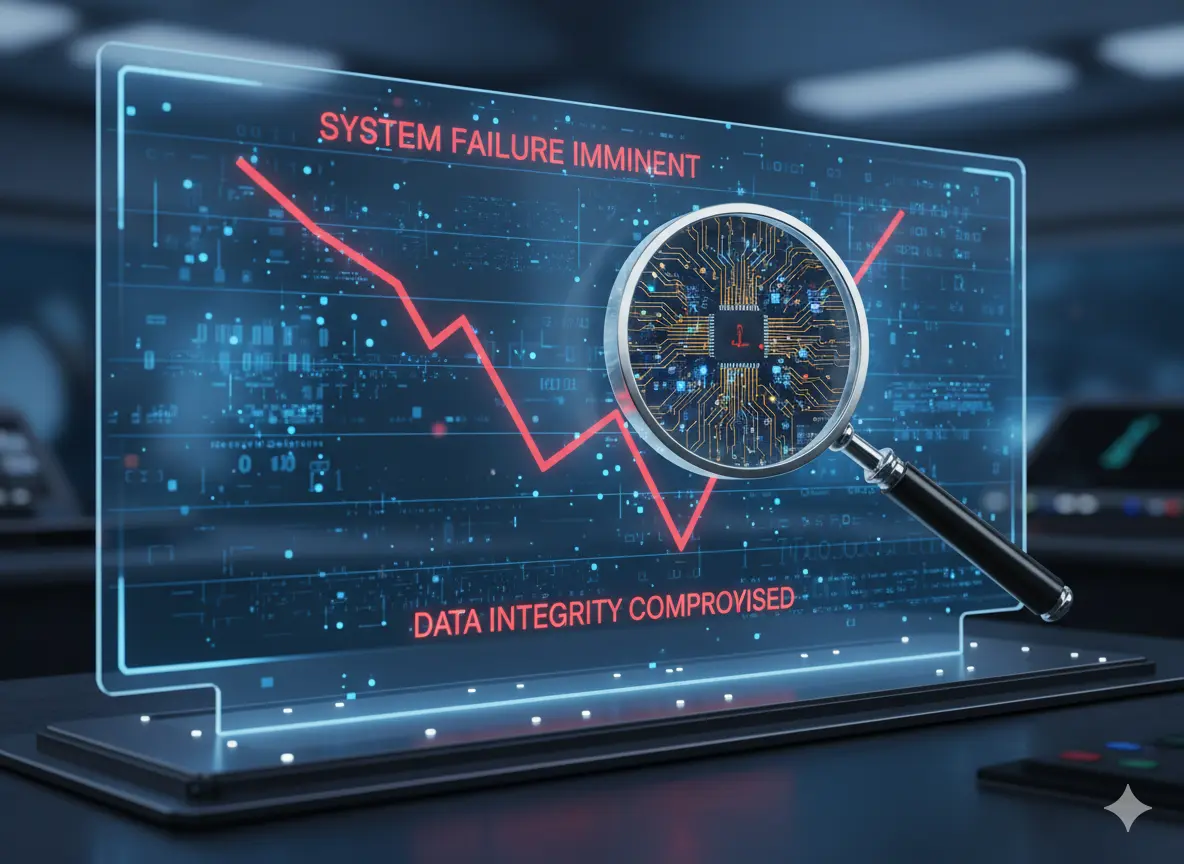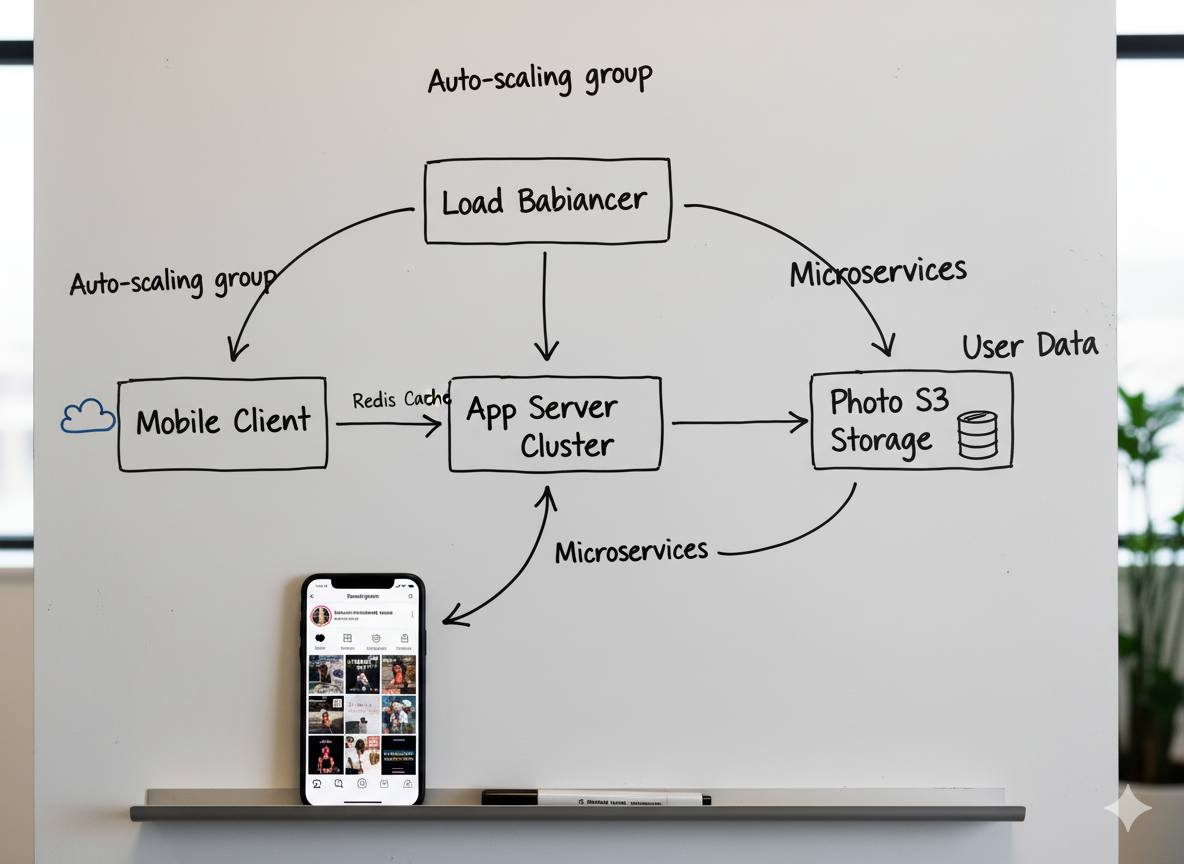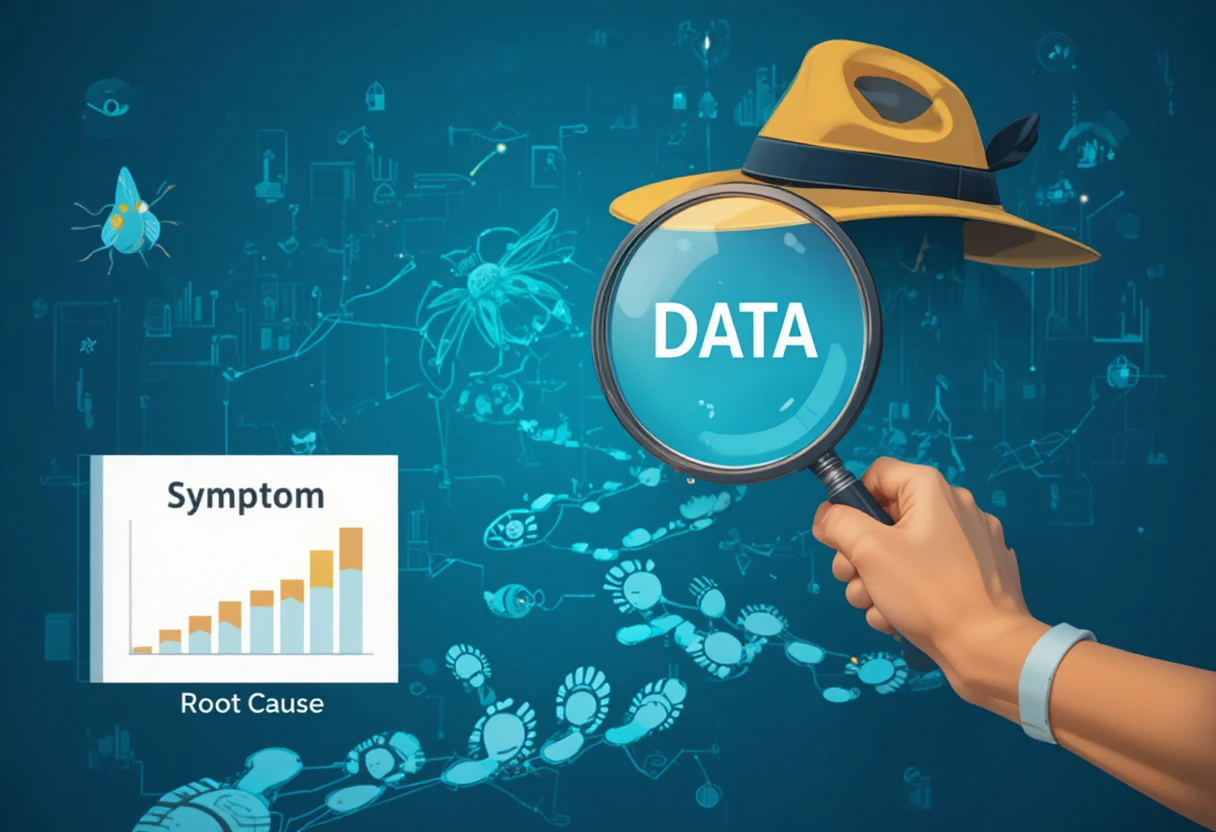Introduction
As AI transforms industries, companies need Technical Program Managers (TPMs) who can lead complex, cross-functional initiatives involving artificial intelligence and machine learning. TPMs working in AI programs don’t just need to manage execution—they must understand data pipelines, model development, ethical considerations, and real-world deployment challenges.
In this blog, we’ll explore how TPMs can thrive in AI-focused roles and what skills are essential to succeed in interviews and on the job.
Understanding the TPM Role in AI Programs
Why AI Needs TPMs
AI projects often span multiple teams: data science, MLOps, software engineering, and product. TPMs ensure alignment across these functions, helping drive initiatives from experimentation to deployment. Key challenges include:
- Long model development cycles
- Data availability and quality issues
- Cross-functional collaboration between research and production teams
- Managing risks like model bias and explainability
Core Responsibilities of an AI TPM
- Define program structure for AI feature delivery
- Manage data labeling, versioning, and training pipelines
- Coordinate model evaluation and A/B testing cycles
- Partner with compliance and legal on ethical AI considerations
- Support go-to-market planning for AI-driven features
Before the Interview: Build Domain Awareness
1. Understand the AI/ML Workflow
You don’t need to be a data scientist, but you must understand:
- Data collection and preprocessing
- Feature engineering
- Model training and validation
- Model deployment and monitoring
- Feedback loops and retraining cycles
Tools you might encounter: TensorFlow, PyTorch, MLFlow, SageMaker, DataRobot.
2. Know Common AI Use Cases
Prepare to discuss and manage AI programs like:
- Recommendation systems
- Fraud detection
- Natural language processing (e.g., chatbots, summarization)
- Computer vision (e.g., image classification, facial recognition)
- Predictive analytics
3. Study Ethical and Regulatory Considerations
Interviewers may ask about:
- How you handle fairness and bias in AI
- Ensuring data privacy and security
- Dealing with explainability (XAI)
- Preparing for audits and compliance (especially in healthcare or finance)
During the Interview: Demonstrate Strategic & Technical Thinking
1. Nail the Technical Case Studies
Expect scenario questions like:
- “How would you lead the launch of an ML-based search ranking system?”
- “How do you manage model drift in production?”
- “How would you structure a program around a real-time recommendation engine?”
Approach these by breaking them into phases:
- Problem scoping and stakeholder alignment
- Data collection and model experimentation
- Evaluation and validation
- Deployment and post-launch support
2. Show You Understand AI’s Unique Program Challenges
Highlight your strategies for:
- Managing long research cycles and experimentation uncertainty
- Coordinating handoffs between data scientists and engineers
- Balancing innovation with compliance and privacy
- Driving adoption of AI features by product teams
3. Communicate Effectively Across Diverse Teams
You may need to translate deep tech to non-technical stakeholders. Demonstrate:
- Simplifying ML outcomes for product managers
- Collaborating with legal and ethics boards
- Communicating trade-offs between model performance and speed
After the Interview: Evaluate Fit and Growth Potential
Ask the Right Questions
To evaluate whether the company has a mature AI strategy, ask:
- How are AI initiatives prioritized across the company?
- What MLOps or tooling stack does the company use?
- How is success measured in AI projects?
- What safeguards exist for fairness and model governance?
Keep Building AI Fluency
Even after the interview, deepen your skills by exploring:
- Online courses (e.g., Coursera AI for Everyone, fast.ai)
- Real-world case studies from OpenAI, Google Research, DeepMind
- Public AI datasets and kaggle competitions
Master AI TPM Interviews with KRACD.com
AI programs are the future—and TPMs who can manage them are in high demand. At KRACD.com, we help TPMs prepare for the complexities of AI initiatives through:
- Hands-on AI program simulations and mock interviews
- Courses on data pipelines, MLOps, and ethical AI
- Mentorship from TPMs leading AI initiatives at top companies
- Behavioral coaching to align TPM core strengths with AI delivery models
Take control of your TPM AI journey with KRACD.com and become the go-to leader for AI-powered programs.
Conclusion
AI is reshaping the technology landscape—and TPMs are essential in making it real. Whether you’re managing infrastructure for machine learning or delivering an AI-powered feature, success depends on understanding the ecosystem and executing with precision.
With the right preparation and expert support from KRACD.com, you can lead the next generation of AI innovation.
FAQs
1. Do I need to be an ML expert to become an AI TPM?
No, but you need a strong grasp of AI workflows, model lifecycles, and deployment strategies. Being able to speak the language of data scientists and engineers is crucial.
2. What tools should I be familiar with as an AI TPM?
Familiarity with tools like MLFlow, TensorFlow, SageMaker, Airflow, and basic cloud ML platforms (AWS, GCP) is helpful.
3. Are AI TPM roles available only in big tech companies?
No. Startups, healthcare, fintech, retail, and logistics companies are all investing heavily in AI and need TPMs to scale initiatives.
4. How do AI programs differ from traditional software programs?
AI programs are more iterative, data-dependent, and involve longer experimentation cycles. They also require more coordination with legal and compliance.
5. How can KRACD.com help me break into AI TPM roles?
KRACD.com offers practical AI project training, mock interviews, and strategic coaching to prepare TPMs for high-impact AI roles across industries.















.png)
.png)
.png)
.jpg)
.jpg)

































.webp)








